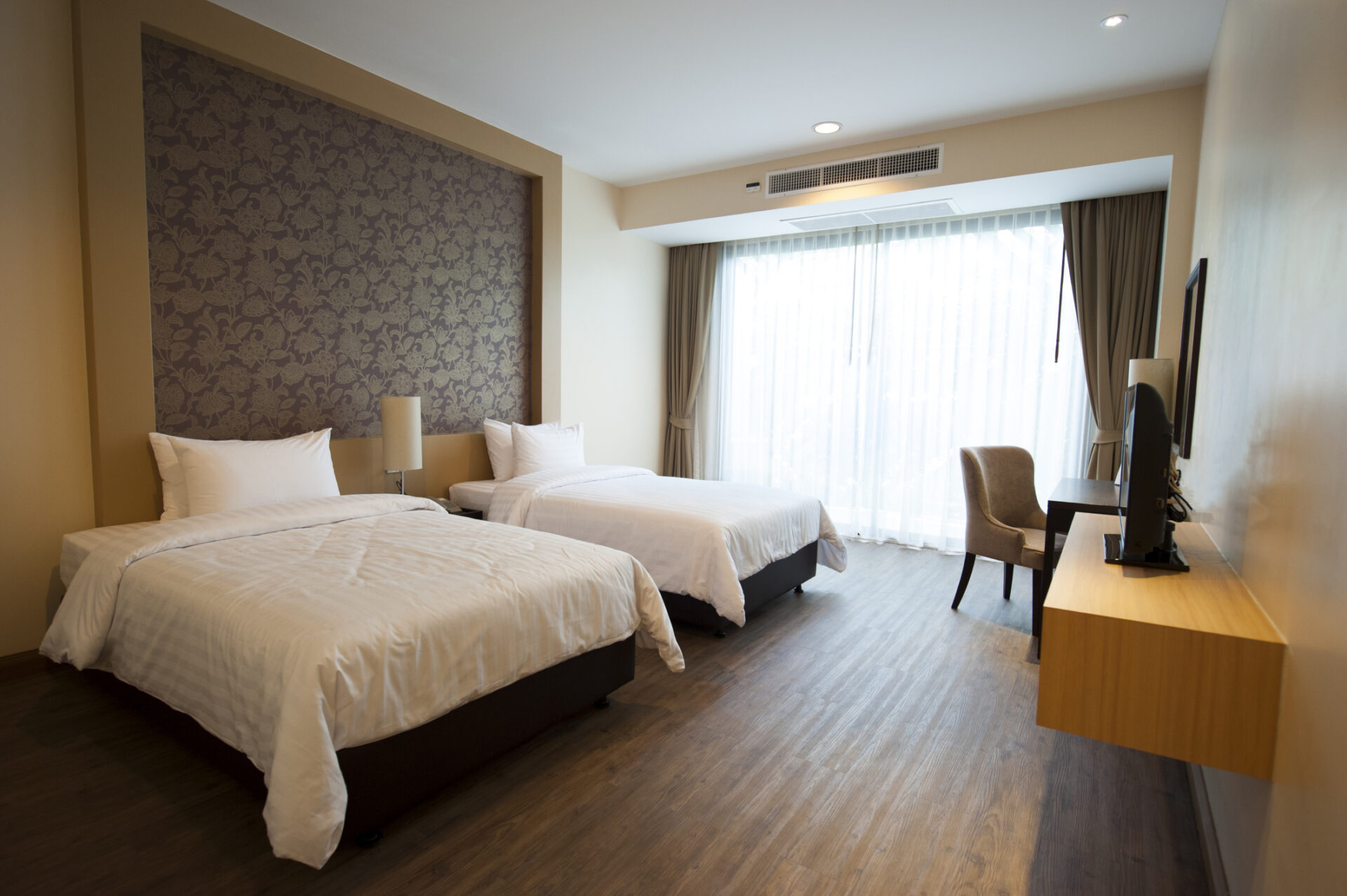In the realm of event planning, the attention given to accommodation for your esteemed guests can be the defining factor in their overall experience. Whether it’s a grand wedding, a corporate conference, a family reunion, or any other special occasion, a well-thought-out accommodation plan can leave a lasting impression on your invitees. Let’s delve into the intricacies of creating an exceptional guest stay that ensures comfort, convenience, and cherished memories.
The guest’s stay
- In the past, it was customary for family members to arrive at the bride or groom’s home a month prior to the wedding and provide assistance with all aspects of the celebration. This resulted in a joyful and memorable wedding.
- As people got busier, spending 24 hours at a wedding became a challenge due to the limited city infrastructure.
- Plan for the guest’s stay based on their RSVP and preferred accommodations. Ensure to check for room availability at the mandapam or hotel where the wedding is scheduled. If unavailable, secure a nearby serviced flat or hotel to make travel convenient.
- It would be a thoughtful gesture to have a welcome kit bag in the room containing items such as water, fruit, juice, a first aid tablet, tissues, vibuthi, and namam to make guests feel welcome.
- Assign a family member to prepare an Excel sheet of guests’ accommodations. Additionally, keep wedding schedule notes in the room.
- Keep the menu list in the room to pique their curiosity and build anticipation for the grand feast.
1. Personalisation is key.
Every guest is unique, and acknowledging their individual preferences and requirements can elevate their experience. When sending out invitations, consider including a brief questionnaire to gather information about dietary restrictions, room preferences, allergies, and any special needs. This enables you to tailor their stay accordingly, showing that you genuinely care about their comfort.
2.Early planning, better choices:
Accommodation options can vary widely, from luxurious hotels to cosy bed-and-breakfasts. By initiating the accommodation planning process well in advance, you secure the best choices and negotiate favourable rates. This not only demonstrates your meticulous planning skills but also offers your guests a wider range of options to suit their preferences.
3. Clear Communication:
As the event host, it’s crucial to communicate accommodation details clearly and promptly. Provide your guests with all the necessary information, including check-in and check-out times, location details, reservation confirmation numbers, and any transportation arrangements. Clear communication minimises confusion and enhances the overall guest experience.
4.Proximity to the Venue:
Selecting accommodations in proximity to the event venue can significantly reduce travel hassles for your guests. Nobody wants to spend precious celebration time navigating unfamiliar roads. By choosing lodgings nearby, you contribute to a smoother and more enjoyable experience for your attendees.
5.Group Bookings and Discounts:
If your event involves a sizable number of guests, consider negotiating group booking rates with hotels or accommodations. Group discounts not only ease the financial burden on attendees but also create a sense of camaraderie as guests stay close to one another. Additionally, it allows for better coordination among the event participants.
6.Thoughtful Welcome Packages:
Wow, your guests right from the start by offering thoughtful welcome packages upon their arrival. These could include event itineraries, local maps, personalised notes, and small tokens of appreciation. Such gestures make guests feel valued and excited about their stay.
7.Attendee Assistance:
Assign a point of contact, whether it’s a dedicated staff member or a 24/7 helpline, to assist guests with any queries or concerns they may have during their stay. Quick and efficient problem-solving contributes to a stress-free experience and showcases your commitment to their comfort.
8.Cultural Considerations:
For international events or gatherings with diverse attendees, be mindful of cultural considerations. Different customs, dietary preferences, and religious practices might require special accommodations. Being aware of and respecting these differences can create an inclusive and respectful atmosphere.
9.Post-Event Feedback:
After the event concludes, gather feedback from your guests about their accommodation experience. Their insights can be invaluable in refining your planning for future events. Constructive criticism and positive feedback both contribute to your growth as an event organiser.
10. Expressing Gratitude:
As the event wraps up, express your gratitude to the guests for their participation and presence. A heartfelt thank-you note or follow-up email not only shows your appreciation but also leaves a lasting positive impression.
In conclusion, the art of accommodation planning is a delicate dance that requires meticulous attention to detail, clear communication, and a genuine desire to ensure your guests have a comfortable and enjoyable stay. By personalising the experience, considering the logistics, and showing appreciation, you can elevate your event from ordinary to extraordinary. Remember, the memories your guests take away from their stay will resonate long after the event concludes.




